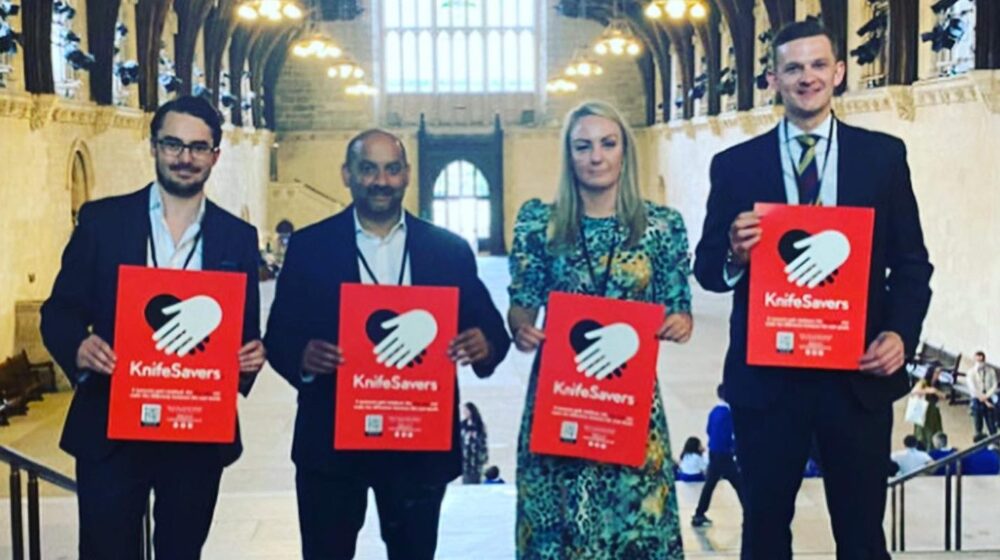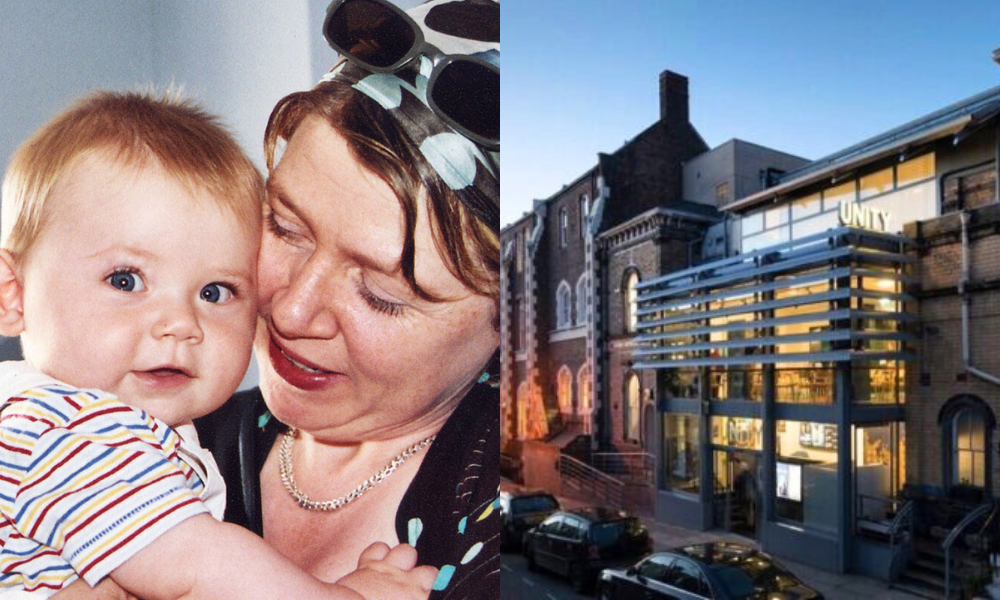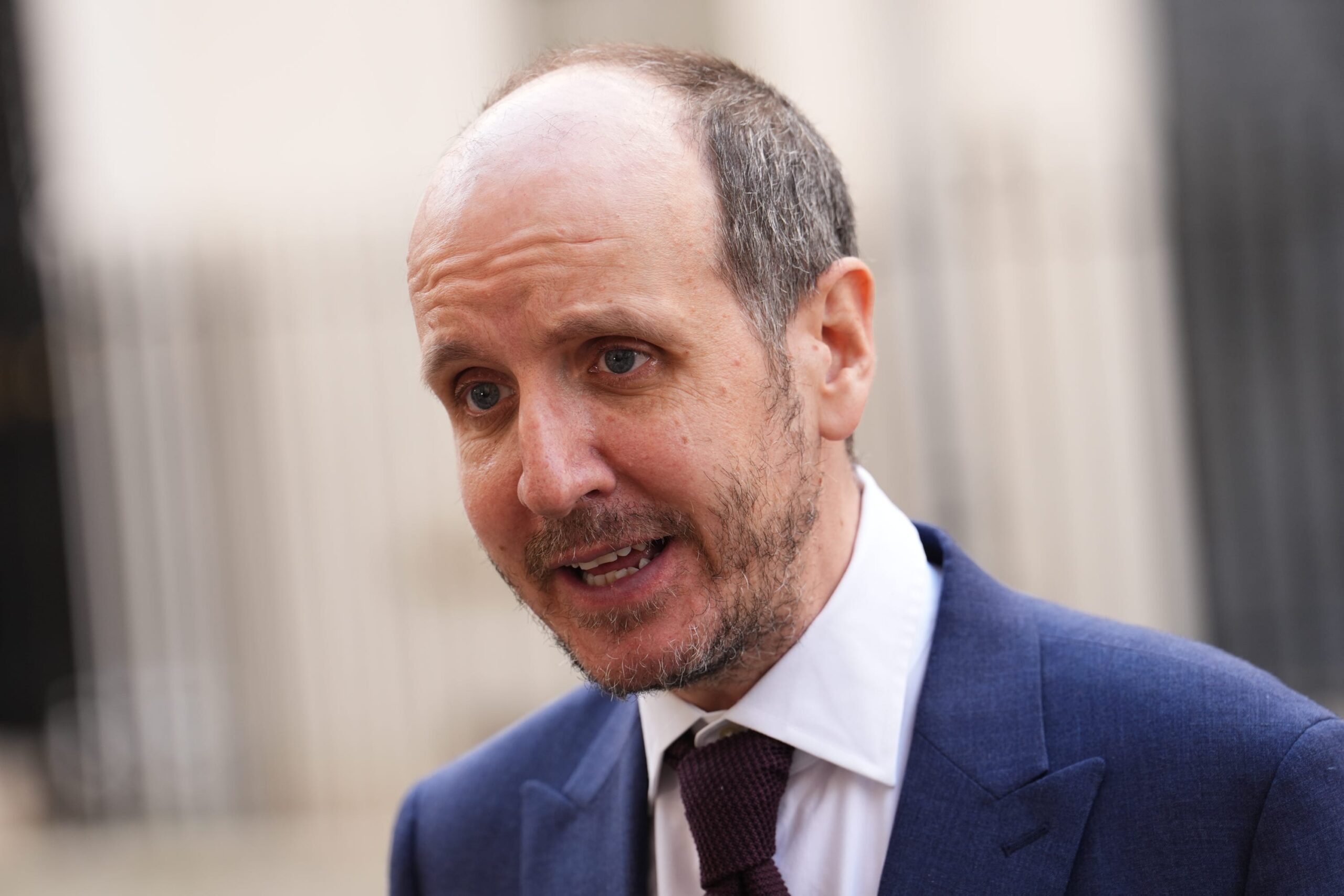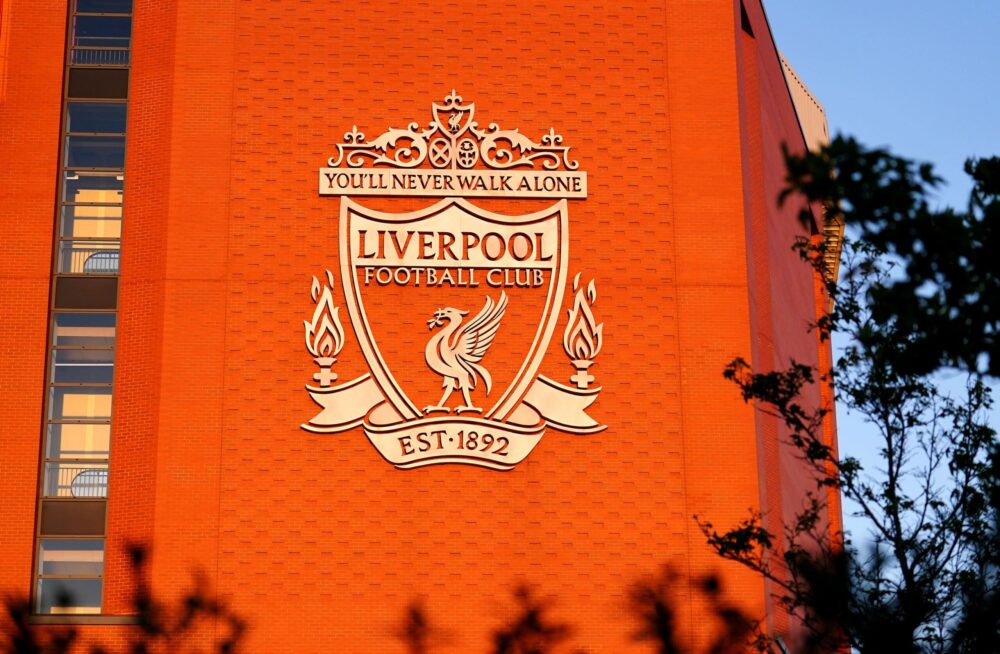
Latest
Merseyside youth anti-knife crime campaigners urge MPs to support stab kits
4 years ago

Youth anti-knife crime campaigners have gone to Parliament to urge MPs to support efforts to have stab kits installed in places where young people could be most vulnerable.
Laura Hughes from Formby began raising awareness and funds to support knife crime initiatives after her brother Colin McGinty was killed in 2001 when he was just 21 years old.
Since then, she’s gone into schools across the country to spread the message about the dangers of carrying knives.
Laura has also become an ambassador for the KnifeSavers campaign, which was founded by trauma doctors at the Major Trauma Centre at Aintree University Hospital to help people deal with the blood loss caused by knife injuries.

Now she and KnifeSavers have taken their message to Westminster, to show just how vital the bleed control kits can be in saving lives.
“A person can bleed to death in just five minutes from a single stab wound, but It’s taking on average about seven or eight minutes for an ambulance to arrive once it’s been called and sometimes it can be a lot longer,” explains Laura.
“These kits contain gauze with a coagulant, so if you stuff a wound with it, it forms a clot and then you apply pressure. That can make all the difference in stopping a person from bleeding to death – it literally buys time until the ambulance arrives, and the medical professionals can take over and get them to hospital.”
Laura says the last few tragic incidents on Merseyside involving knives have been a single stab wound, which is why she feels so strongly about the need for the kits to save young lives.
“Our campaign, which is in memory of Colin, fundraises various projects but I’m very passionate about raising awareness of these kits and fundraising to be able to purchase and install them in as many places as possible.
“Our vision as a youth anti-knife crime campaign is to be able to have them everywhere, wherever there’s a public space where kids hang around – in parks, community centres, shopping centres, youth clubs, fast food outlets.
“We’ve already been asked for them by schools and we’re working with the National Trust because we want to have them put in the pinewoods and on the beach.”

John Hughes of Liverpool Nightlife CIC
Money raised through running last year’s London Marathon has already allowed the campaign to buy 70 kits which will be distributed around Merseyside and Lancashire. Some have been put into their own cabinets, and others have been added to defibrillator cabinets.
In addition to containing the medical supplies needed to stem blood flow, they also have clear instructions on how to use them so another young person could be the one to provide the life-saving intervention.
“There’s a card with each kit which explains what to do,” says Laura. “It’s a really easy 3-step ABC process – A is for alert, so if it’s safe for you to intervene, ring 999; B is find where the bleeding source is coming from; and C is compress the bleeding source.”
With a goal to instal the bleed control kits nationally, Laura and the KnifeSavers campaign headed to London to meet with the Knife Crime and Violent Crime group which is made up of MPs from all parties.
“I contacted my local MP, Bill Esterson, and he arranged for us to go to Westminster to meet with the group and discuss what we’re trying to do. They also came to a drop-in training session with myself and KnifeSavers trauma doctors, showing the MPs how to use the kits.
“My objective in going there was to say, ‘what can you do to help now you know that this is available?’ because we want as many MPs as possible to endorse and support the campaign, and to look at where there might be additional funding we can access.”

Laura’s brother Colin McGinty
Laura says the response from MPs, including her own and MP for West Derby Ian Byrne, was really positive.
“We want these kits to be mandatory because they could save so many young lives, in the same way that the Oliver King Foundation campaign for defibrillators has.
“While we were in Westminster, one of the trauma doctors from KnifeSavers was saying that if somebody had a heart attack he would be confident that within a minute a defibrillator would be on hand, but he wouldn’t feel confident there would be a bleed kit as accessible if someone had been stabbed.
“The problem of knife crime, especially among young people, is absolutely huge, so these kits really are needed everywhere.”









 Subscribe
Subscribe Follow Us
Follow Us Follow Us
Follow Us Follow Us
Follow Us Follow Us
Follow Us Follow Us
Follow Us











